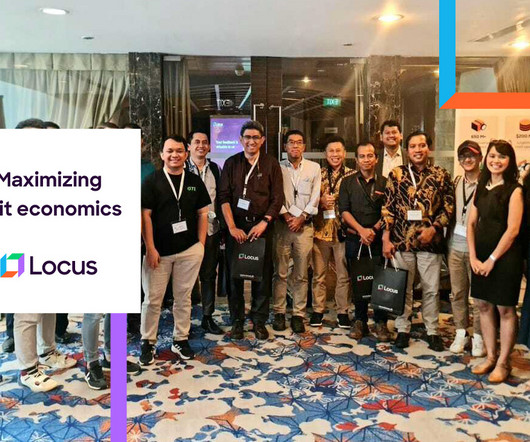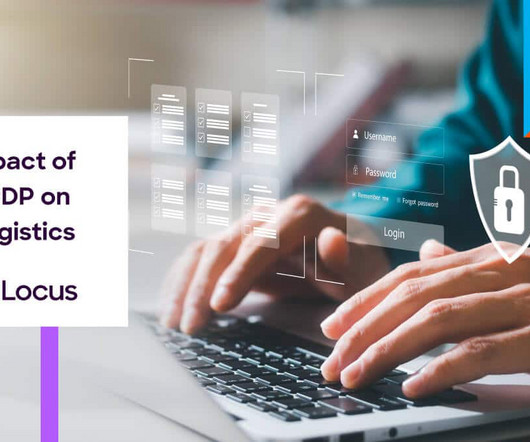LastMile Dialogues: Maximizing unit economics to unlock last mile efficiencies
Locus
FEBRUARY 26, 2023
billion by 2027, at a (CAGR) of 4.61% from 2022-2027. The growth in the manufacturing sector is expected to boost the demand for express delivery and logistics services. Download the Definitive CEP Playbook to establish right to win Download the Ebook Now! Revenues are projected to further reach $ 519.5 billion in 2021.















Let's personalize your content